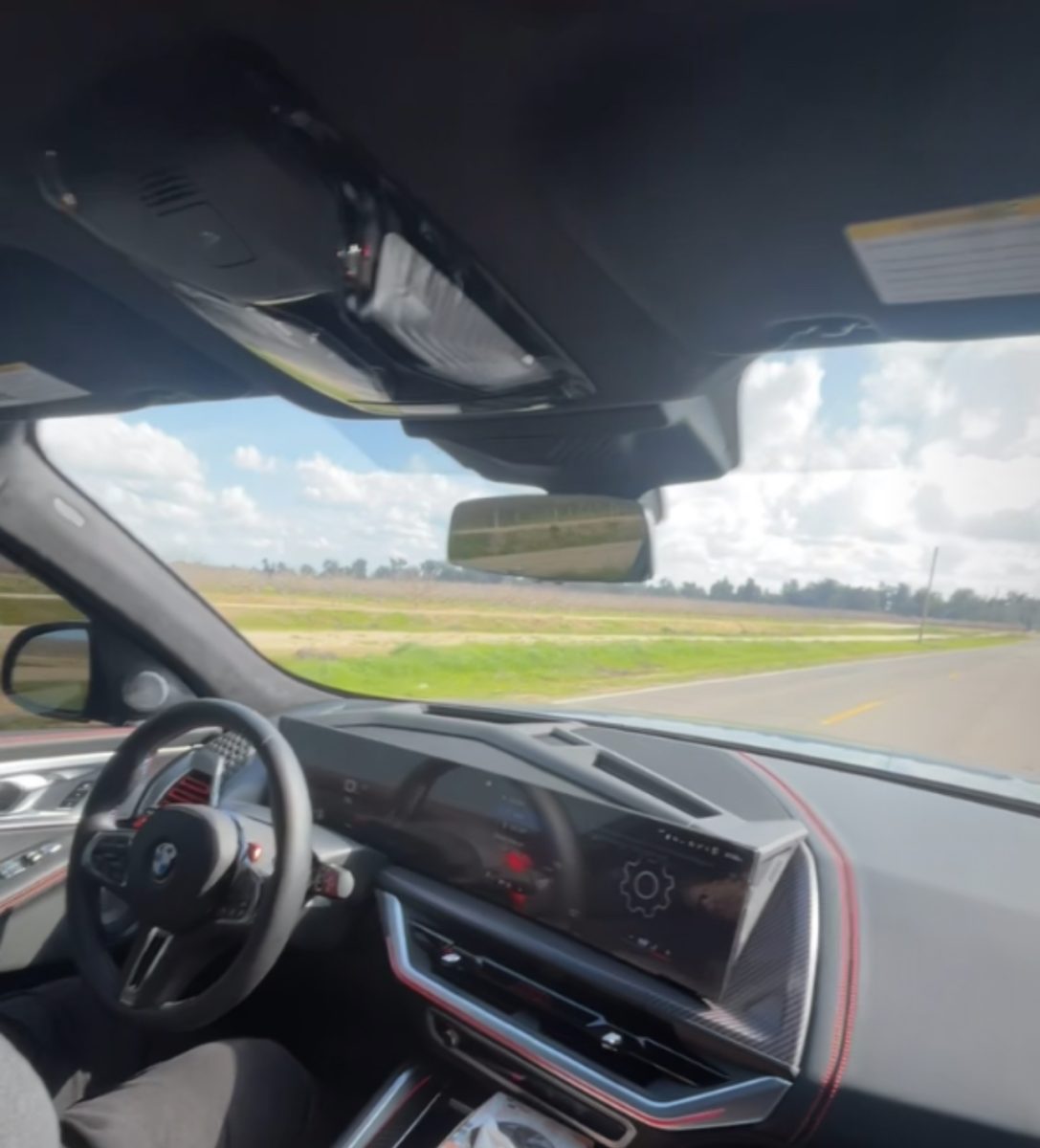The current biggest super collider is the LHC or Large Hadron Collider which has a circumference a little over 16.5 miles. The LHC goes down 80 meters underground and it cost around 3.75£ billion to build and started operation in 2008. The LHC accelerates the inside of atoms (hadrons) both clockwise and anticlockwise to speeds close to the speed of light and at certain points crashes them together harder than any other atom-smasher in the world can. The LHC has led some incredible discoveries such as the Higgs boson particle but it is believed that it has not found 95% of the particles necessary to understand the universe. Researchers at Switzerland have submitted proposals for a much bigger, new super collider . This new super collider would be called the Future Circular Collider or FCC and will not only have a circumference over 56 miles but will also be located down more than double the depth of the LHC. The proposal to build the FCC consists of two stages each taking years to complete.
The first will begin operating in the mid 2040’s and will collide electrons together. It’s hoped the increased energy will produce large numbers of Higgs particles for scientists to study in detail. The second phase will begin in the 2070’s and requires more powerful magnets, so advanced that they have not yet been invented. Instead of electrons, heavier protons will be used in the search for brand new particles. Prof. Gianotti believes that the discovery of dark particles would lead to a new more complete theory of how the Universe works saying “We are missing something big.”
More than 20 years ago it was speculated that the LHC would find the mysterious dark particles but unfortunately it was not able to. One critic, Dr Sabine Hossenfelder of the Munich Center for Mathematical Philosophy, says there is no guarantee that the new collider will succeed. Former UK government chief believes the money could be put to better uses such as climate change sharing ”When the world is faced with threats from the climate emergency, would it not be wiser to channel these research funds into the endeavors to create a manageable future?”
The European Organization for Nuclear Research, known as CERN, has consulted physicists across Europe, the world and is currently in the process of gauging reaction to its proposal from its member nations, who will have to pay for the new machine. There is the chance that it won’t work as it needs some technological advancements in order to be possible as well as a few decades worth of work but the FCC could be incredibly valuable to the understanding of the universe and lead to many fascinating discoveries.


